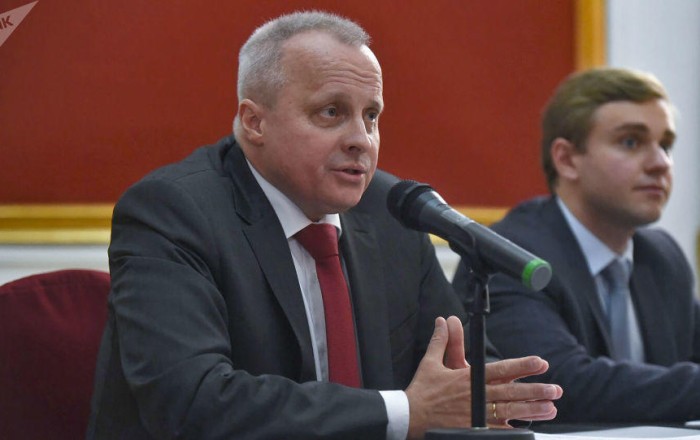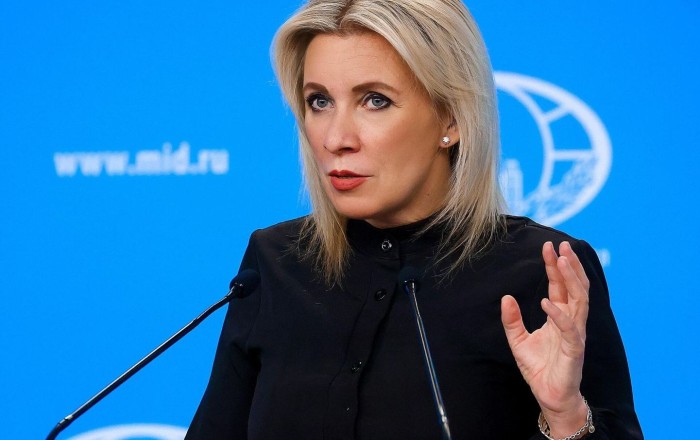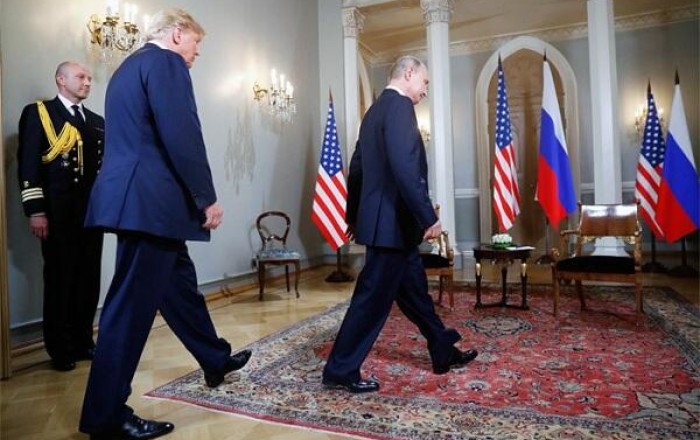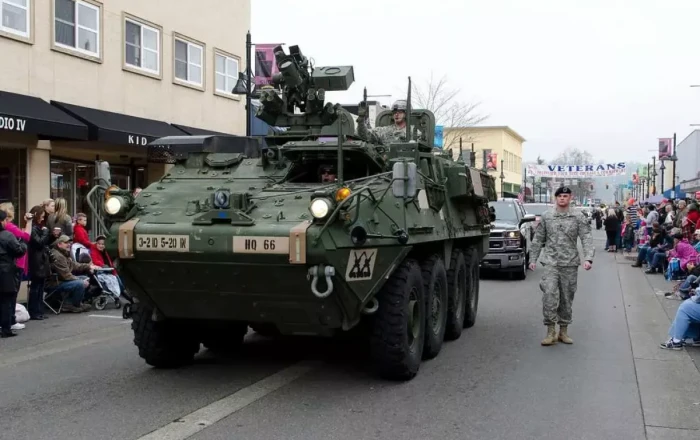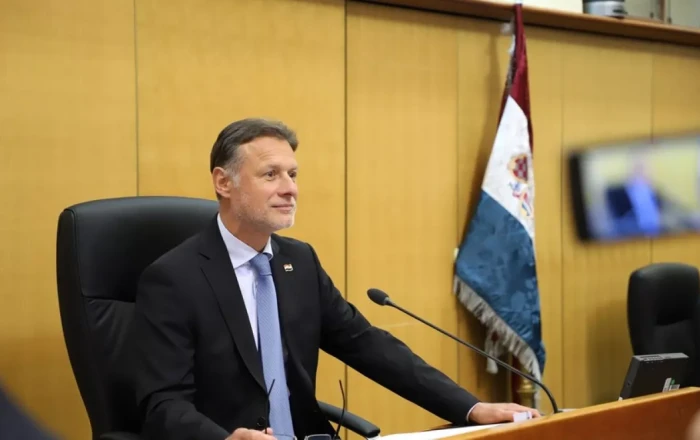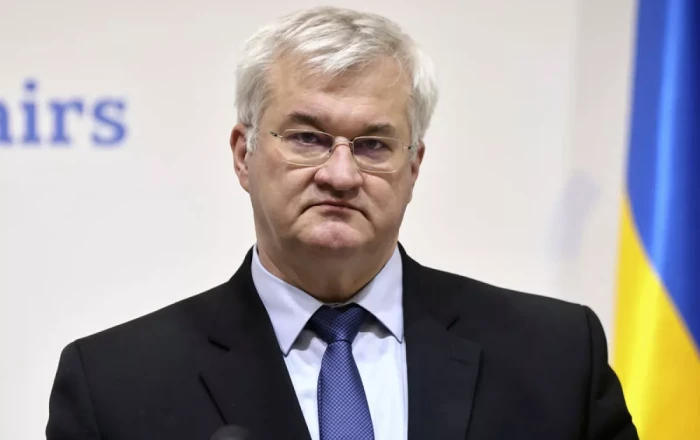On May 2, a senior figure within the Palestinian group Hamas, Abdel Rahman Shadid, declared the organization’s readiness to enter into a five-year ceasefire agreement with Israel in the Gaza Strip.
The announcement comes amid mounting international concern over the humanitarian toll of the protracted conflict, Caliber.Az reports citing Russian media.
"We confirm that the resistance is ready to conclude an honorable exchange deal," Shadid stated, indicating that Hamas is prepared to proceed with a negotiated truce, contingent on reciprocal action from Israel.
According to Shadid, the proposed agreement includes a complete withdrawal of Israeli forces from Gaza in exchange for the release of hostages held by Hamas. He further emphasized that the agreement would entail a full five-year cessation of hostilities, adding that Hamas is "waiting for retaliatory steps from Israel."
This development follows a previous statement by senior Hamas official Khalil al-Haya, who on April 17 expressed openness to immediate negotiations concerning both a ceasefire and the release of hostages and Palestinian detainees. However, al-Haya dismissed Israeli calls for the disarmament of Hamas as "impossible," underscoring the deep-rooted ideological divide between the parties.
Israeli Prime Minister Benjamin Netanyahu responded on April 19 with a reaffirmation of Israel’s military objectives. “We will not stop the war in the Gaza Strip until [we have] destroyed Hamas and returned all the hostages,” Netanyahu stated. He accused Hamas of seeking an end to the conflict that would preserve its political and military strength, enable the reconstruction of Gaza through international funding, and ultimately allow it to rearm and launch further attacks on Israeli civilians.
The human cost of the conflict continues to rise. According to an April 15 report by the Gaza Ministry of Health, over 51,000 individuals have been killed in Gaza since the onset of the current escalation. Additionally, more than 116,000 people have been injured, further exacerbating an already dire humanitarian crisis in the densely populated enclave.
As both sides remain entrenched in their positions, prospects for a sustained ceasefire hinge on overcoming profound mutual distrust and reconciling sharply divergent conditions for peace.
By Vafa Guliyeva
Source: caliber.az



